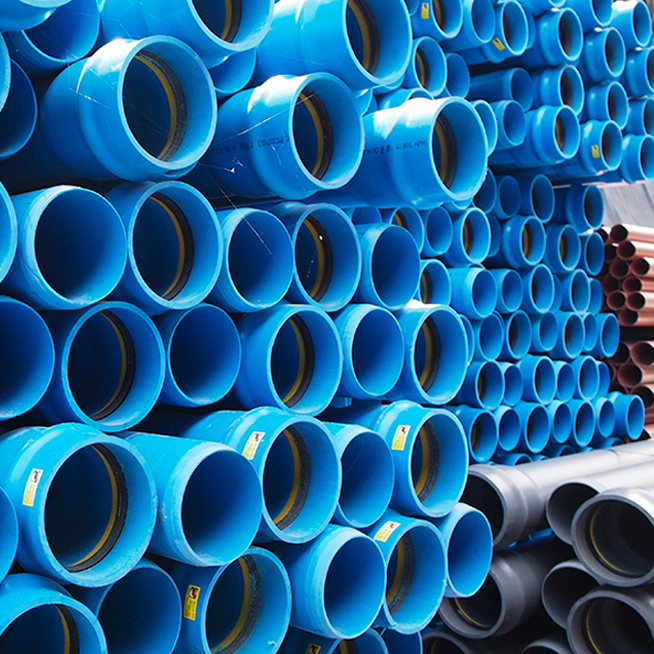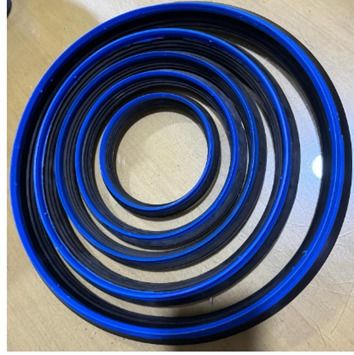Characteristics
The TPR (Thermoplastic rubber) compounds have the following general features
- Excellent flexural fatigue resistance
- Good tear & abrasion resistance
- High impact strength&Low specific gravity
- Excellent resistance to chemicals & weathering
- Good electrical properties
- Colourability & Recyclable
- Wide Hardness range from 2 shore A to 60 shoreD
- Operating temperature ranging from -50°C to + 120°C
- Excellent resistance to UV ageing, ozone and weathering.
- High fatigue resistance
- Excellent resistance to several chemical agents, i.e. Bases, Acids, alcohols, detergents, water solutions.
- High elastic recovery within a wide temperature range. High thermal and electric insulation values.
- Specific rheology for each type of process
- Excellent colourability and aesthetic properties.
































